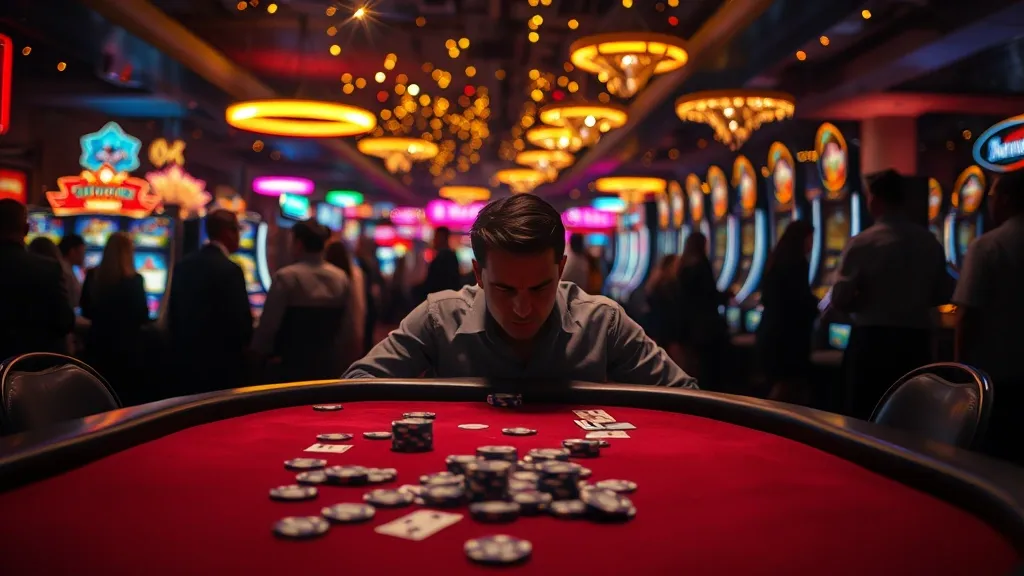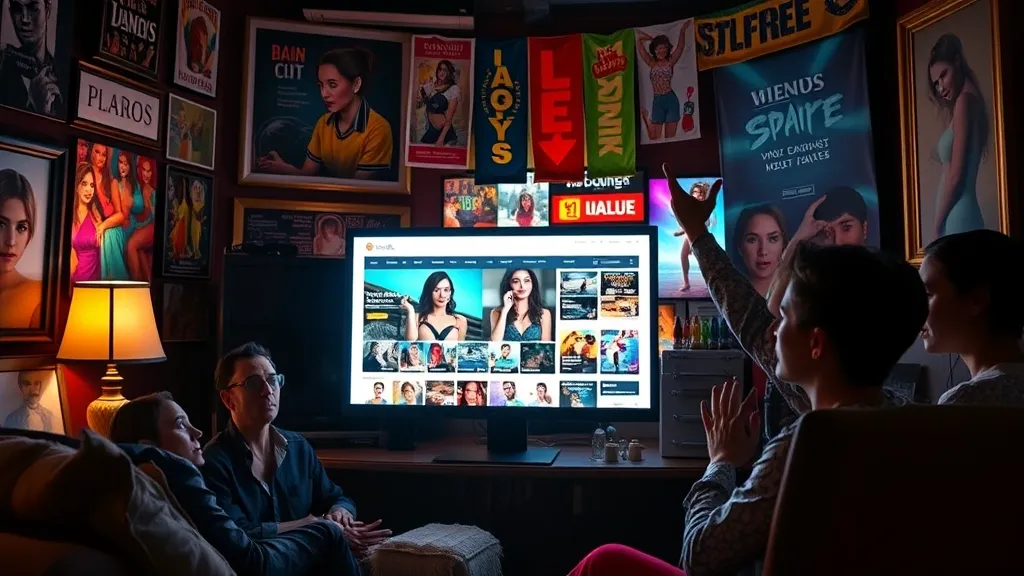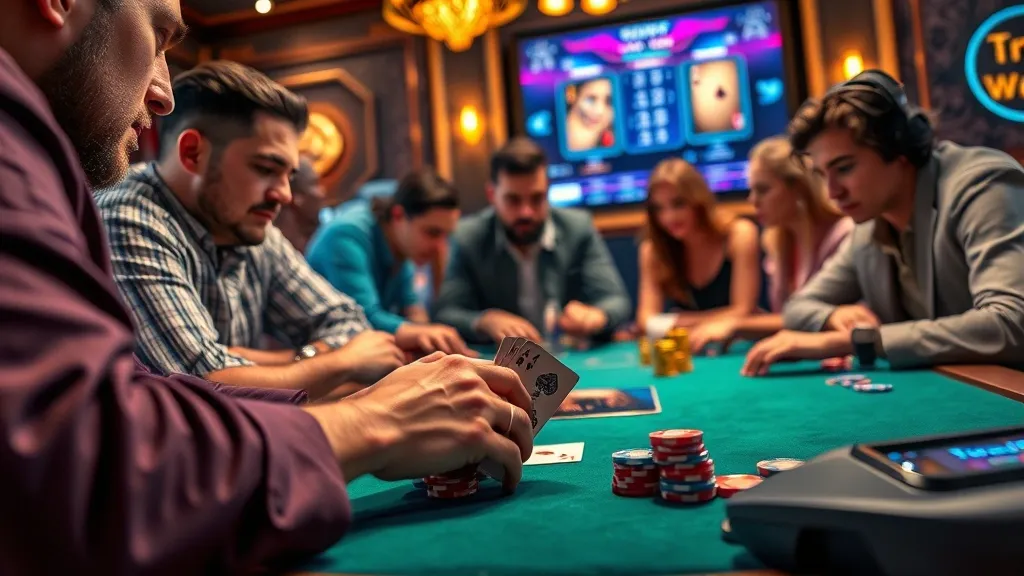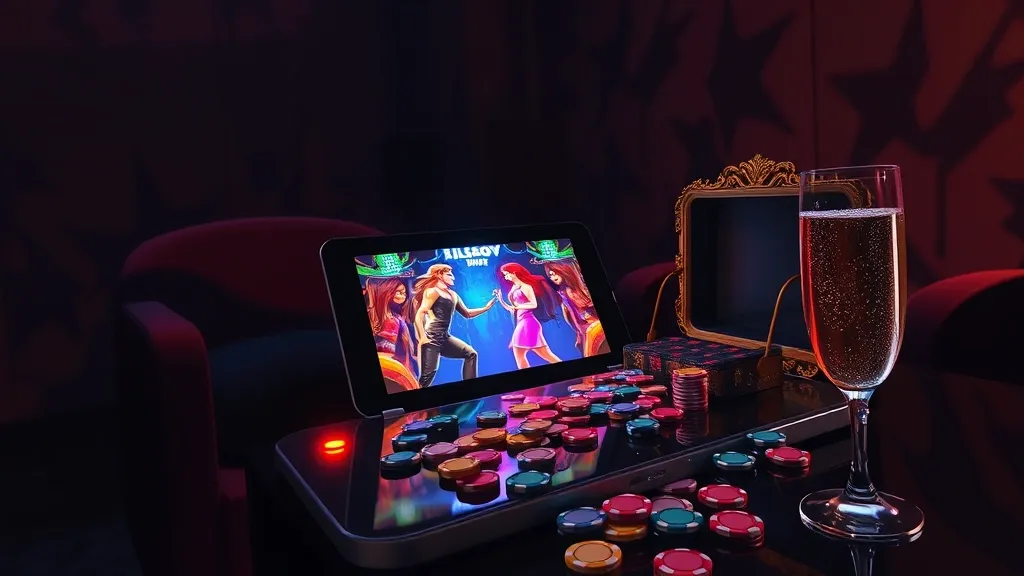The Illusion of Control: Why We Gamble and What Fuels the Fire
Okay, let’s dive into something that’s kinda fascinating and a bit sad at the same time: why do we gamble? Honestly, it’s like a rollercoaster ride for our brains. You get that rush when you place a bet, and for a moment, it feels like you’re in control. But let’s be real, it’s often just an illusion.
First off, there’s this weird thing called the “illusion of control.” It’s when we think we can influence outcomes that are totally random. Like, have you ever played the slots and thought, “If I just press this button a little differently, I might hit the jackpot”? Yeah, me too. It’s like thinking you can outsmart the universe by wearing your lucky socks. Spoiler alert: you can’t.
So, what fuels this fire? For starters, there’s that dopamine kick we get when we win. It’s the same stuff that keeps us scrolling through social media late at night, hoping for a like or a comment. You win a hand in poker? Boom! Instant gratification. You lose? Well, just one more round, right? It’s a tricky cycle.
- Escapism: Some people turn to gambling as a way to escape their everyday lives. When life gets tough, it’s tempting to think, “Maybe I’ll just hit the casino and everything will be better!” Spoiler alert: it usually isn’t.
- Social Pressure: Let’s not forget about the social aspect. Friends are betting, and you don’t want to be the odd one out. It’s like being at a party and everyone’s dancing, and you’re just standing there awkwardly sipping your drink—no thanks!
- Marketing and Promotions: Casinos and online gambling sites are pros at making you feel like you’re missing out. Free spins, bonuses, and flashy ads can make it all feel so enticing. It’s like they know exactly how to push our buttons.
At the end of the day, gambling is a wild mix of psychology and chance. It can be thrilling but also dangerous. So, if you or someone you know is caught up in this illusion, it might be worth taking a step back and reevaluating. Remember, the house always wins—unless you’re holding the lucky socks. Then, all bets are off!
Bets vs. Brainwaves: The Science Behind Addiction and Compulsion
You ever get that rush when you place a bet? It’s like your heart’s doing a little dance, and for a moment, everything else fades away. But what’s really going on in our brains when we gamble? Spoiler alert: it’s not just about luck or strategy—there’s some serious science behind all this.
First off, let’s talk about dopamine. This little neurotransmitter is often dubbed the feel-good chemical. When we win a bet, our brain releases a burst of dopamine, giving us that high we crave. It’s kinda like that first sip of coffee in the morning, but way more intense. And just like caffeine, the more we chase that dopamine hit, the more we want it. It’s a cycle, and it can be a slippery slope.
- Dopamine Release: Wins trigger a rush, making us feel invincible.
- Losses: Even losing can lead to a dopamine response, as we often convince ourselves that the next bet will be a winner.
- Compulsion: This cycle can lead to compulsive behavior, where we feel the need to gamble even when we know it’s not a good idea.
Now, it’s not just about the brain chemistry; the environment plays a huge role too. Think about it—casinos are designed to keep you inside, with flashing lights and sounds that scream “WIN!” It’s a sensory overload that can make you forget about time, responsibilities, and sometimes, even your lunch plans (oops!).
Then there’s the whole social aspect. When you’re surrounded by people cheering for a big win, it’s hard not to get swept up in the excitement. It’s like a party, but instead of cake, you’ve got chips and cards. And while some folks can walk away after a night of fun, others might find themselves drawn deeper into the game.
So, is gambling addiction real? Absolutely. It’s not just a lack of willpower or bad luck—it’s a complex interplay of brain chemistry, environment, and social dynamics. Understanding this can help break down the stigma and lead to more compassion for those struggling with it. After all, we all have our vices, right? Mine’s just a little more on the let’s bet on the underdog side of things.
Myths that Hold Us Back: Debunking the Stereotypes of Gamblers
Alright, let’s chat about some of the wild myths surrounding gambling and gamblers. You know, the stereotypes that make people think all gamblers are just a bunch of hopeless losers or high-rollers throwing away their cash like confetti. Spoiler alert: It’s not that simple!
First off, there’s this classic idea that all gamblers are addicts. Sure, some people do struggle with gambling addiction, but that doesn’t mean everyone who enjoys a night at the casino is in the same boat. Many folks can place a bet or play a few rounds of poker and walk away without it taking over their lives. Kinda like how some people can drink a beer at a party and not end up in the gutter, right?
Then there’s the stereotype that gamblers are all men. Seriously? Women have been in the game as long as men, and they’re often just as passionate about it. I mean, have you seen the ladies at poker tables? They can be just as fierce as any dude out there. Plus, gambling can be a fun night out for couples and friends, regardless of gender.
- Myth #1: All gamblers are broke and desperate.
- Myth #2: Gambling is only for thrill-seekers and risk-takers.
- Myth #3: Winning is all about luck.
Let’s tackle the “broke and desperate” stereotype. While it’s true some people do end up in tough situations because of gambling, many players have the cash to spend and view it as a form of entertainment, much like going to a concert or a fancy dinner. It doesn’t always equal financial ruin, folks!
Now, “thrill-seekers” – not every gambler is out here looking for a rush. Some might just enjoy the social aspect or the strategy involved in games like poker. It’s like playing chess but with chips and a cocktail in hand. And let’s not forget that winning isn’t just about luck; skill and experience play huge roles too. Ever tried counting cards? I hear that’s a thing, but I’d probably just lose track of my chips instead!
So, yeah, it’s time to ditch these outdated stereotypes. Gambling isn’t black and white; it’s a whole spectrum of experiences. Let’s be more open-minded and recognize that it can mean different things to different people. After all, we’re all just trying to have a little fun, right? And who doesn’t enjoy a little friendly competition now and then?
From Shadows to Support: Navigating Recovery and Understanding the Journey
Alright, so let’s chat about recovery from gambling addiction. It feels like a wild ride, huh? You’re not just dealing with the money lost or the late-night binges; it’s way deeper than that. It’s about understanding yourself and what led you into those shadows in the first place. Spoiler alert: it’s not just about the thrill of winning. There’s a lot of emotional stuff tangled up in there.
First off, admitting you have a problem is a huge step. Seriously, it’s like turning on the lights in a dark room—you see all the mess, but at least you can start cleaning it up! You might feel a bit lost, maybe even overwhelmed. And guess what? That’s totally normal. It’s okay to feel like you’re standing at the edge of a cliff, looking down into the abyss of uncertainty. But here’s the kicker: there’s help out there.
- Support Groups: Think of them as your new crew. Groups like Gamblers Anonymous are all about sharing stories and lifting each other up. You’re not alone in this!
- Therapy: Talking to a professional can be a game changer. They’ve got the tools to help you figure out the why behind your gambling. It’s like getting a map for a treasure hunt, but instead of gold, you’re searching for peace of mind.
- Education: Learning about gambling addiction is crucial. Knowledge is power, right? The more you know, the better equipped you are to fight those urges.
Recovery isn’t a straight line. It’s more like a rollercoaster ride—lots of ups and downs, twists and turns. You might feel like you’re making progress one day, then take a step back the next. It’s frustrating, but hey, that’s life, right? Just remember, every small victory counts. Celebrate those little wins, even if it’s just getting through a day without placing a bet.
Also, don’t be too hard on yourself. We all mess up. It’s part of being human. What matters is your willingness to get back on track, to keep moving forward. Surround yourself with positive influences, and don’t be afraid to lean on your support system. They’re there for a reason, and trust me, it makes a world of difference.
In the end, navigating recovery is a journey, not a sprint. Take your time, be kind to yourself, and remember: you’re not just chasing after a life free from gambling; you’re building a life full of opportunities and joy. And who wouldn’t want that?



